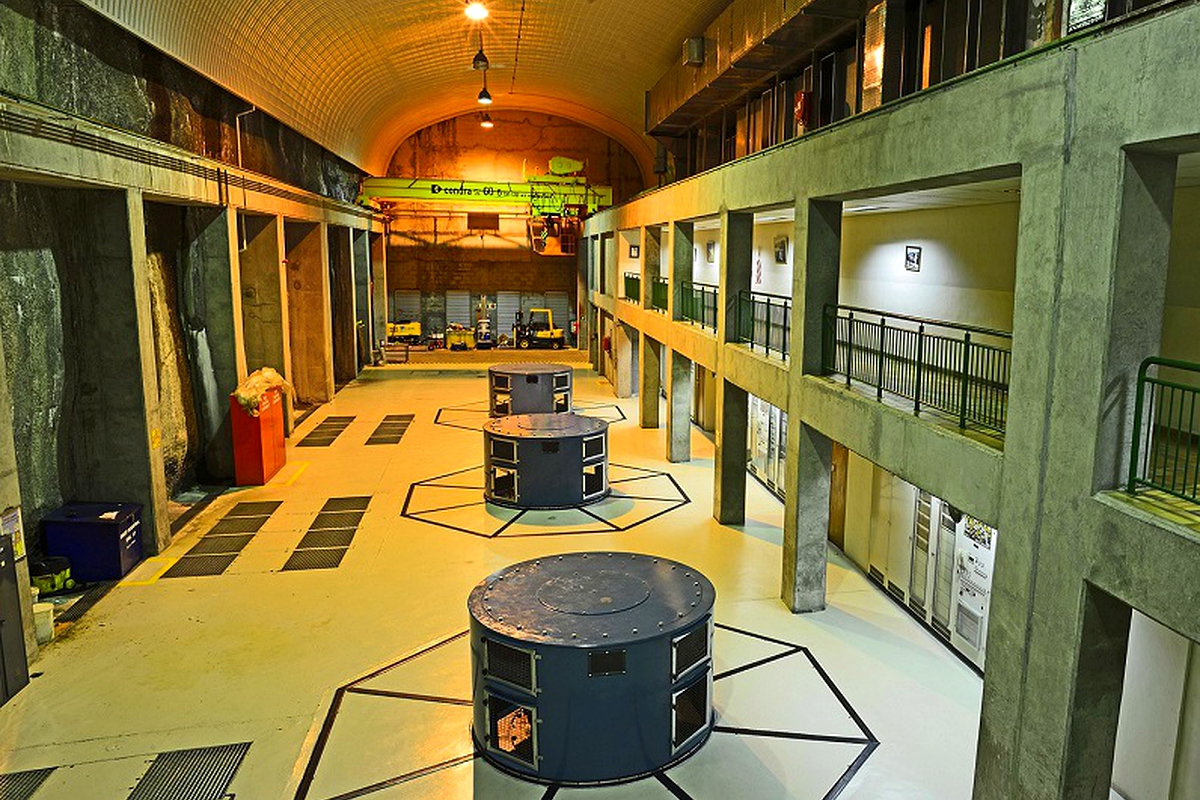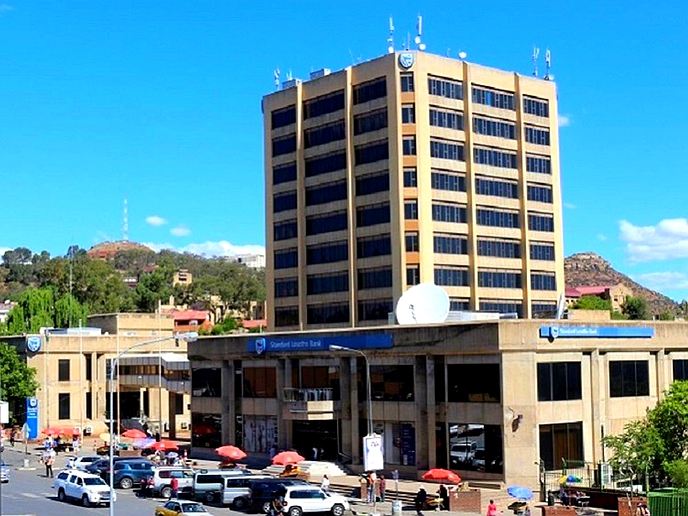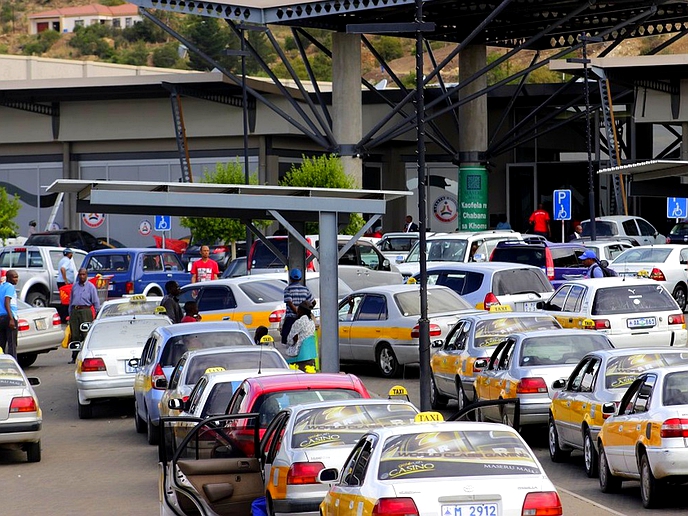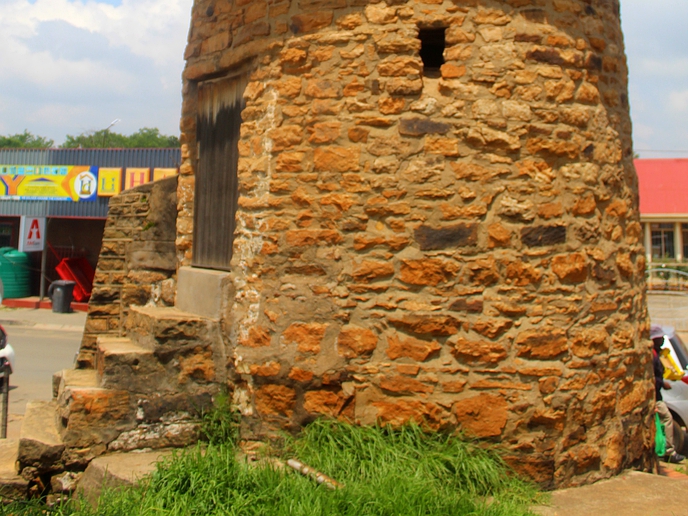LESOTHO Highlands Development Authority (LHDA) is working hard to generate 50 MegaWatts (MW) as its power-producing components, Units Two and Three are still operational.
business
Nov. 28, 2022
OWN CORRESPONDENT
2 min read
LHDA all out to generate more electricity

The 'Muela Hydropower station in Ha Mohale
Story highlights
That, according to a press statement released by the authority last week, is to ensure that more power is generated.
The LHDA also noted that by the end of January next year, Unit One will also be operational.
The authority said the Lesotho Electricity Company (LEC) is experiencing network challenges, as a result, it could not connect with Maputsoe, therefore leading to power failure in that area.
It further noted that the two units could not proceed to operate due to the setback, and when all went back to normal, Unit Three could not work promptly.
For its part, the LEC said the current generating capacity of ’Muela Hydro Power Station is at 33 percent, therefore there is a significant risk of failure of the last remaining unit. The utility body said among others, it is forced to import power at a significantly higher rate than that provided by ’Muela.
LEC has therefore appealed to the public to voluntarily reduce their power consumption, which will have to introduce rolling blackouts (load-shedding) to stabilise the network and ensure the sustainability of Lesotho's economy.
Enjoy our daily newsletter from today
Access exclusive newsletters, along with previews of new media releases.
The Lesotho Highlands Water Project (LHWP) is a multi-phased project to provide water to the Gauteng region of South Africa and to generate hydroelectricity for Lesotho.
It was established by the 1986 Treaty signed by the governments of Lesotho and the Republic of South Africa.
The project entails harnessing the waters of the Senqu/Orange River in the Lesotho highlands through the construction of a series of dams for the mutual benefit of the two countries.
Phase I of the project was completed in 2003 and inaugurated in 2004, and Phase II is currently underway. - LeNA
Tailored for you






